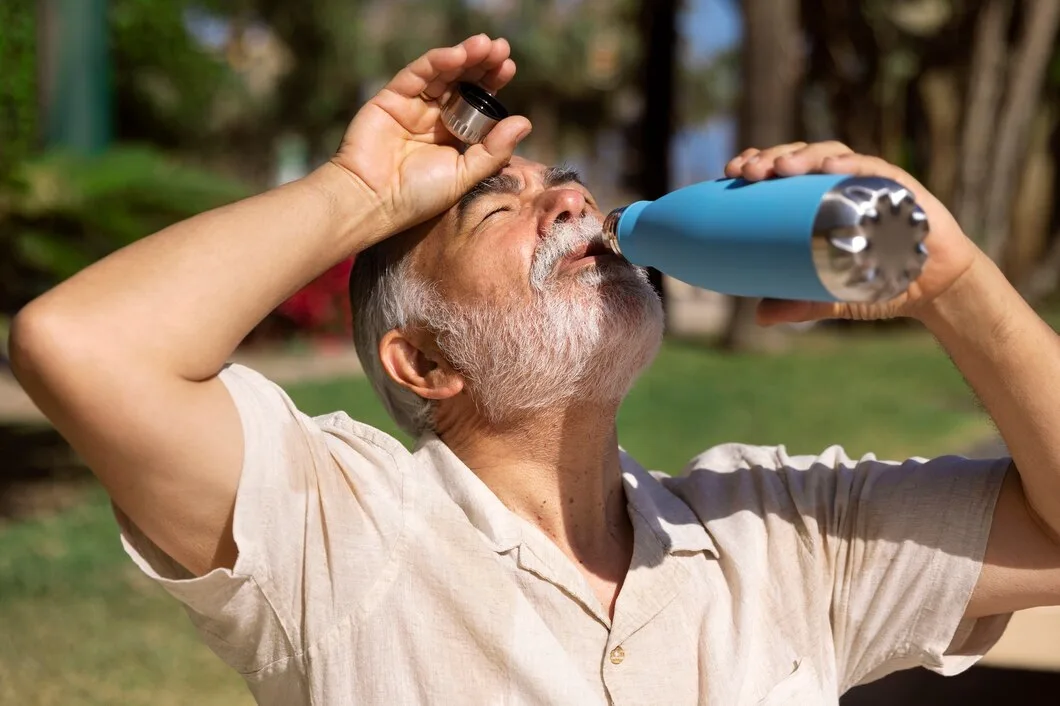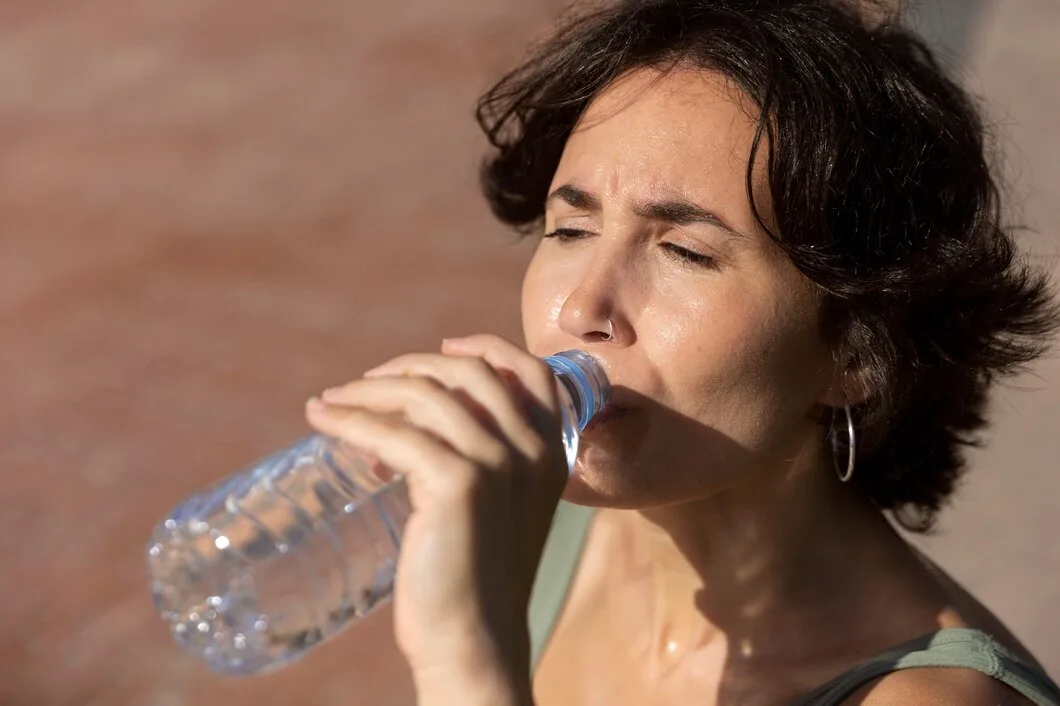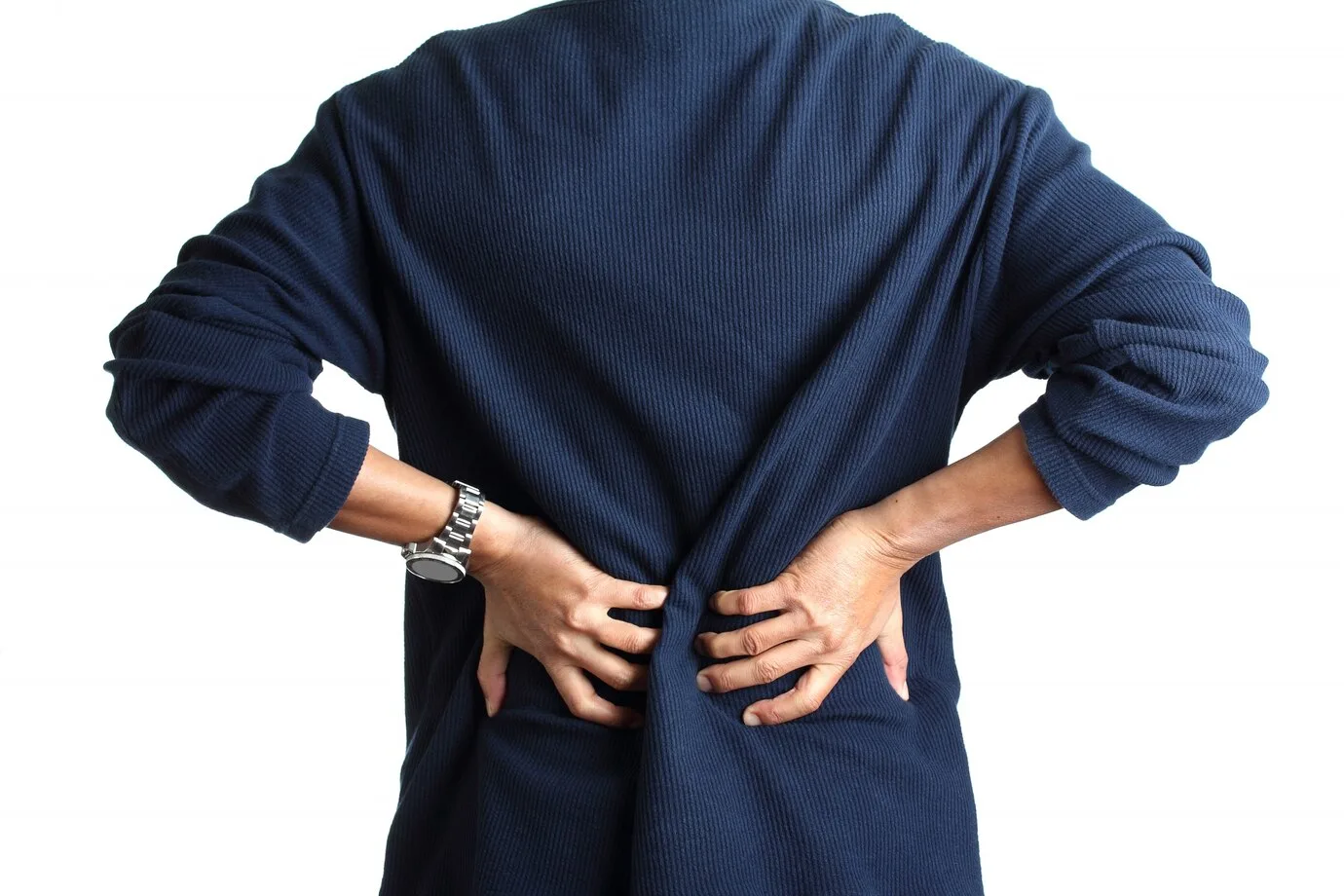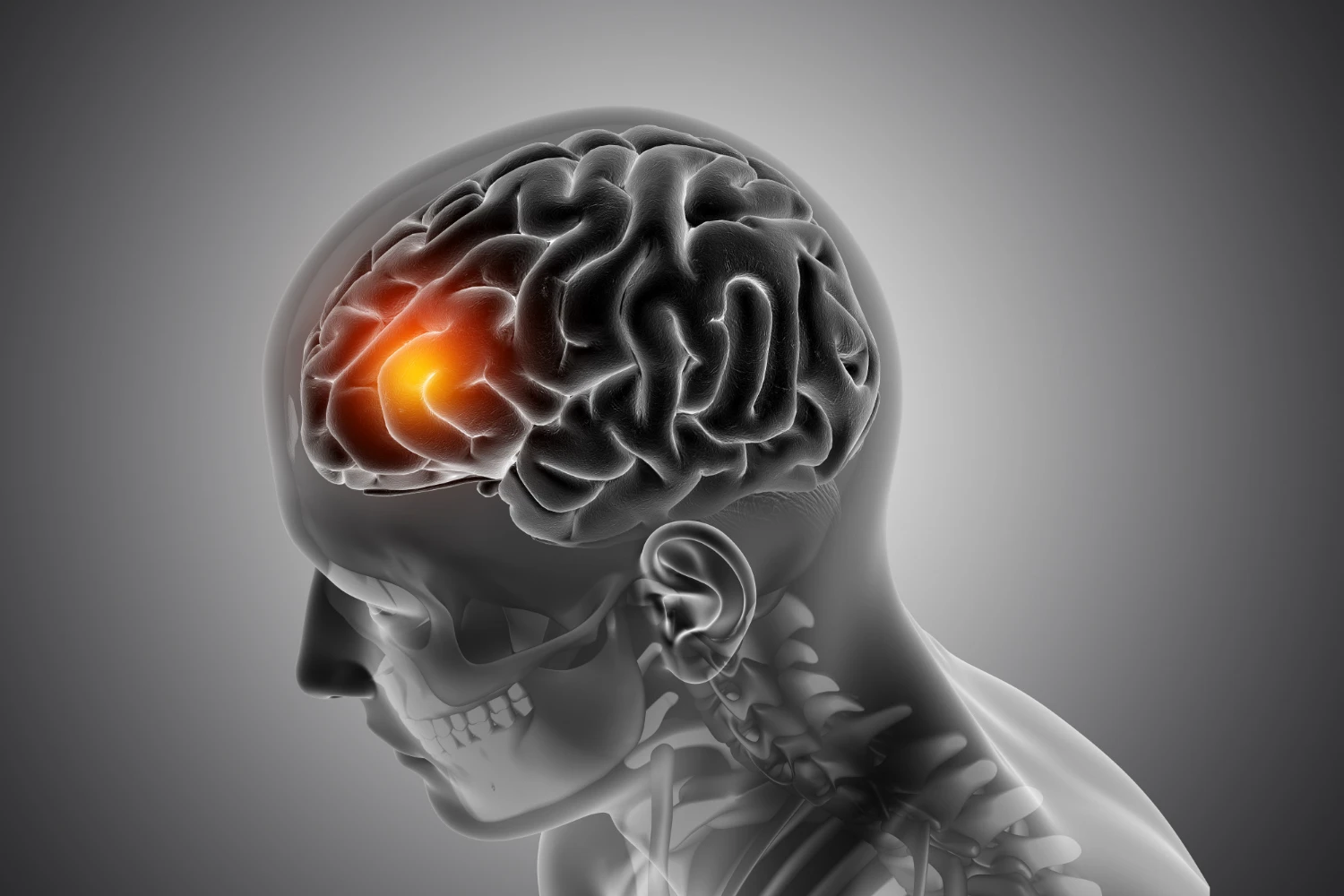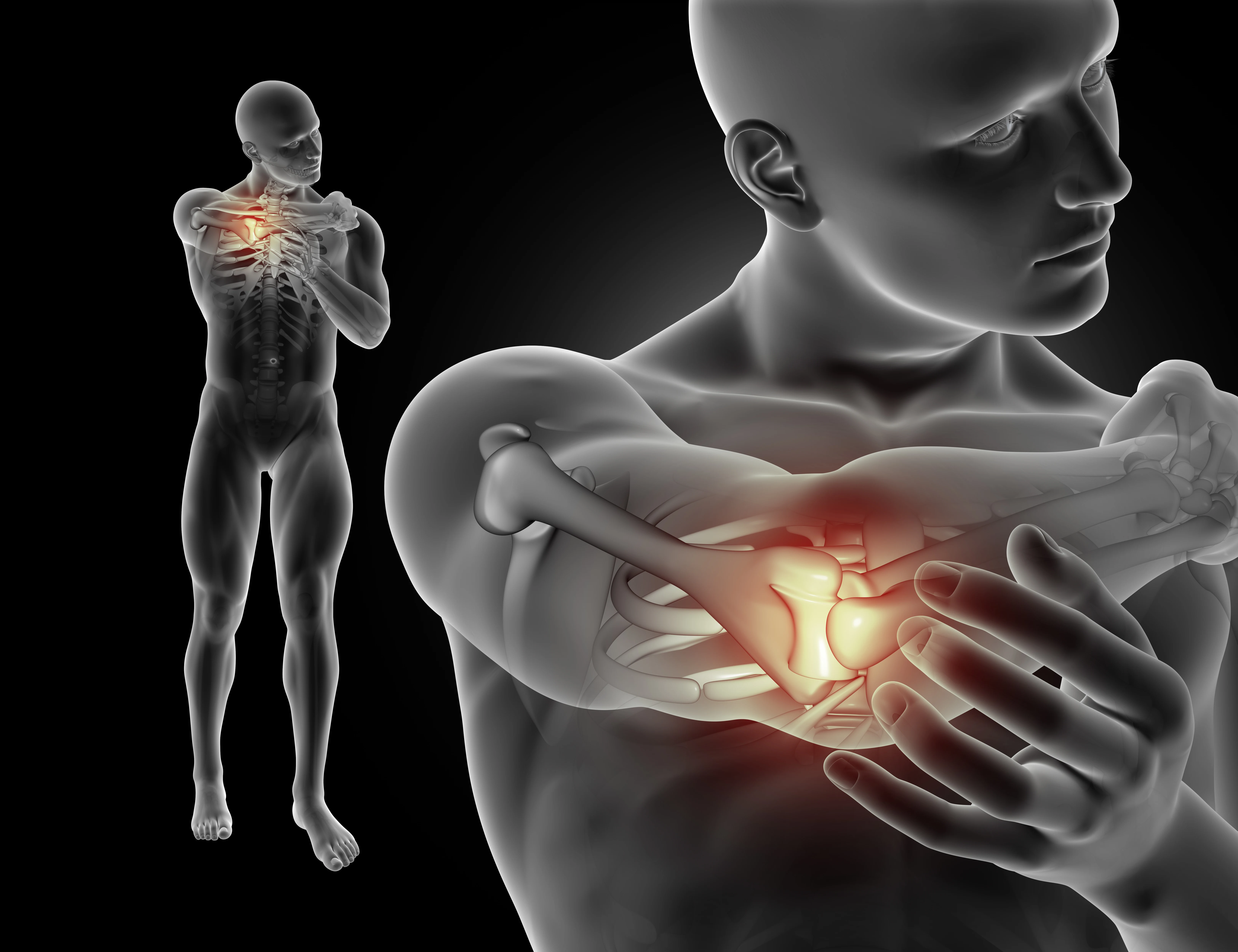Rehydration 101: The Best Ways To Treat And Recover From Dehydration
Category: Blogs
Water is the essence of life. Our bodies rely on it for nearly every function, from regulating temperature to ensuring vital organs function properly. Yet, dehydration - when the body loses more fluids than it takes in - is a common and often overlooked health issue. Whether caused by excessive sweating, illness, or inadequate water intake, dehydration can lead to fatigue, dizziness, confusion, and even severe complications if left untreated.
This guide will explore alternative ways to treat dehydration and recover effectively, ensuring you stay hydrated and healthy.
Uncommon Signs of Dehydration
While many people recognize thirst and dry mouth as indicators of dehydration, some lesser-known signs include:
- Muscle Cramps – Lack of fluids can lead to electrolyte imbalances, causing painful muscle contractions.
- Mood Swings and Anxiety – Dehydration affects brain function, leading to irritability and stress.
- Bad Breath – A dry mouth reduces saliva production, leading to bacterial growth and unpleasant breath.
- Sugar Cravings – Dehydration can interfere with glycogen production, triggering sugar cravings.
Unique Ways to Rehydrate
Beyond drinking water and electrolyte solutions, consider these unconventional hydration methods:
1. Chia Seeds for Slow Hydration
Chia seeds absorb water and expand in the stomach, providing a sustained hydration release. Soak them in water or add them to smoothies for a hydrating boost.
2. Aloe Vera Juice
Aloe vera is known for its cooling and soothing properties, and its high water content makes it an excellent hydration aid.
3. Herbal Teas
Caffeine-free herbal teas like chamomile or peppermint provide hydration while offering additional health benefits such as improved digestion and relaxation.
4. Water-Rich Spices and Herbs
Adding fresh herbs like mint, cilantro, and basil to your meals can increase water intake, as they contain natural hydration properties.
5. Hydration Through Breathing
Practicing deep breathing exercises in a humid environment can help the body absorb moisture through the lungs, supporting hydration.
6. Smart Hydration Technology
Using a smart water bottle that reminds you to drink water can help maintain hydration levels throughout the day.
7. Acupressure for Hydration
Applying pressure to certain acupressure points, such as the kidney meridian, is believed to improve water retention and hydration balance.
New Ways to Prevent Dehydration
- Structured Hydration Schedule – Instead of random sips, create a hydration schedule that aligns with your daily routine.
- Hydration-Boosting Supplements – Consider supplements like hyaluronic acid, which helps retain water in tissues.
- Room Humidity Control – Keeping indoor humidity levels balanced prevents excessive water loss from the skin and respiratory system.
- Hydration-Enhancing Snacks – Snack on frozen fruit pops or yogurt-based ice treats to increase fluid intake in a refreshing way.
Final Thoughts
Staying hydrated isn’t just about drinking water - it’s about integrating various methods that enhance fluid retention and absorption. If dehydration symptoms persist or worsen, seek medical attention immediately.
For professional healthcare services and expert medical advice, visit Lokmanya Hospitals. Our team of experts ensures your well-being with the best treatment options available.
Stay hydrated. Stay healthy.
FAQs
1. How quickly can I rehydrate after dehydration?
Rehydration depends on the severity of dehydration. Mild dehydration can be corrected within a few hours by drinking water and electrolyte-rich fluids, while severe cases may require IV fluids for rapid recovery.
2. Is drinking plain water enough to rehydrate?
While water is essential, electrolytes like sodium, potassium, and magnesium play a crucial role in fluid balance. For effective hydration, consider oral rehydration solutions (ORS), coconut water, or electrolyte-infused drinks.
3. Can dehydration cause long-term health problems?
Chronic dehydration can lead to kidney stones, urinary tract infections (UTIs), and decreased cognitive function over time. Staying properly hydrated supports organ function and overall health.
4. Are there foods that help with hydration?
Yes! Water-rich foods like cucumbers, watermelon, oranges, and soups can help maintain hydration levels. Chia seeds, yogurt, and aloe vera juice are also excellent hydration boosters.
5. Does drinking too much water cause problems?
Yes, overhydration (water intoxication) can dilute essential electrolytes, leading to hyponatremia (low sodium levels), nausea, confusion, and swelling in the brain. Drink water in moderation and balance it with electrolytes.
6. Can I stay hydrated without drinking a lot of water?
Yes, hydration can be supported through herbal teas, high-water-content foods, controlled humidity, and even breathing exercises in humid environments.
7. When should I seek medical attention for dehydration?
If you experience persistent vomiting, dizziness, confusion, rapid heartbeat, or inability to keep fluids down, seek immediate medical help, as severe dehydration may require IV fluids.

